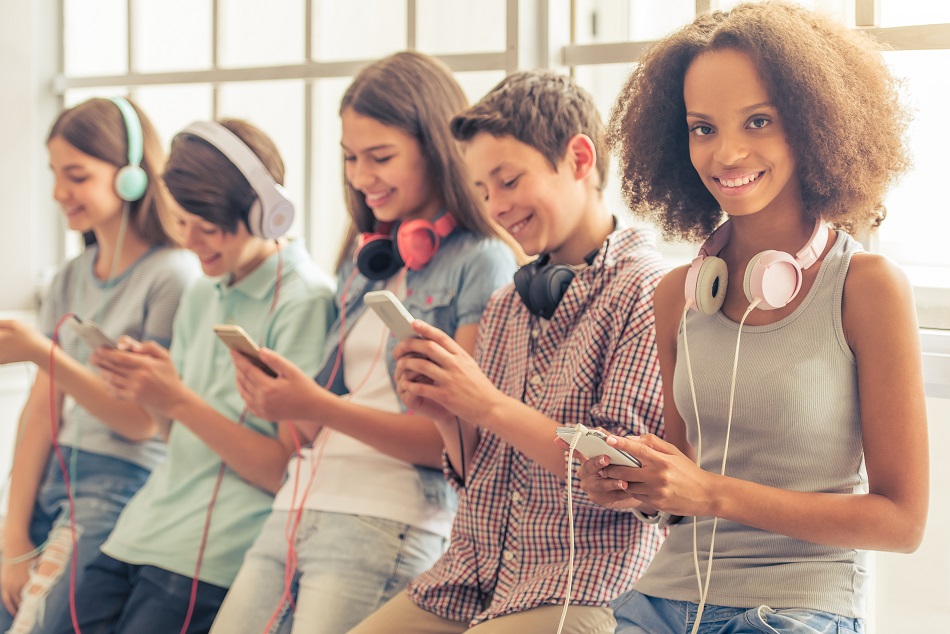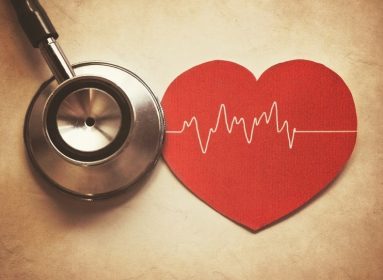
As parents we often find ourselves yelling at or teenagers in order to get them to pay attention to us. We assume that this is just because they are teenagers and are naturally belligerent, but it could be that they are experiencing some degree of hearing loss and generally didn’t hear us calling. According to the latest research into a hearing loss in teens around 15% of teenagers in the US and the UK are displaying the early signs related to hearing loss. The blame for this has been placed squarely in the court of lifestyle choices, namely the engaging in activities which place the quality of their hearing at risk. Loud music played via earphones or headphones, attending music concerts and even the noise from traveling on public transport or drying their hair with an electric hairdryer can all have a negative impact on their hearing levels.
Decibel Levels
The greater the decibel level, the greater the amount of damage noise can do to the ear. To give you some idea of the decibel range, the quietest sound our ears can register comes in at 0 decibels. The average conversation is carried out at around 60 decibels. A sudden gunshot (at close range), which can cause immediate, if temporary, deafness, but longterm damage, measures in at 140 decibels. The maximum level at which we can tolerate noise without any harm being done has been recorded as being 70 decibels. It is all of the things that we do which carry a noise level of more than 70 decibels that impact on our hearing.
The detrimental effect to hearing occurs when a noise is sufficiently loud enough to damage the microscopic hairs within the inner ear; these hairs are what send noise signals to our brain. While hearing can recover after exposure to an instance of loud noise, sustained exposure can cause permanent damage to the hearing. It can take some time for the longterm exposure to impact on their hearing, so teenagers may feel they are impervious to the loud noises they subject themselves to.
Damage Limitation
There are things that you can do to protect your teen’s hearing, for example:
- If you go out to eat, or anywhere else where you need to raise your voice in order to be heard, it will probably be affecting your hearing. Go somewhere else.
- Take a look at your teen’s music player/mp3 and see if there is a volume control limiter on it and if so make sure that they use it. You could also suggest limiting the amount of time that they use their earphones/headphones every day.
- Hit the volume switch and start turning things down, this includes the TV, stereos, gaming systems… everything!
- If they are going to be in a noise hazardous environment give them some foam earplugs as these can reduce the sound entering the ear by around 20 decibels.
- Invest in some noise cancelling headphones. These limit the amount of background noise that can be heard so that they don’t have to crank up the sound levels on their mp3 players.
Claire Dixon writes for www.hearingaid.org.uk a website dedicated to providing the best free, impartial advice to those living with hearing loss across the country.







